Clearly, Xiuhtezcatl Martinez does not compartmentalise. His environmental activism is as much a part of his life as is campaigning for social justice, and both are inextricably linked to his family life and his creative endeavours. As a youth leader of Earth Guardians, the environmental organisation co-founded by his mother, he has brought his climate message to TED talks and the United Nations. As a musician, 15-year-old Martinez and his younger siblings won a UN youth music contest with a song about “protecting the world‘s resources for future generations.” Today, his latest collaborative project “Voice Runners” tackles similar subjects, while refusing to be pigeonholed as “niche” eco artists. As an American-born, part-native Mexican, he adds to the global conversation on climate change from a unique perspective – even as he prepares to hand over the reins to the next generation of youth leaders.
What is life like at the moment?
Life is crazy. I am living with seven other young climate organisers. Our house has been taking quarantine very seriously. I’ve been setting up my home studio, so I can start recording again, but also trying to stay connected with the different groups I’m involved in, with my family and my spiritual community. I’m usually always on the road, moving from place to place. Now is a time for an essential reset, for just being present and being okay with things being slow and still. I’m trying to learn that.
Do you feel lucky to experience the lockdown like that?
I am definitely very aware of my privilege. There’s a lot to be grateful for on a daily basis, and it’s really good to be reminded of that. I think I am amongst the most privileged people on the planet, in a community where I’m safe – where, for example, I have access to clean water to wash my hands.
That is not a reality for a lot of families. I am very closely in contact with a lot of my native relatives in communities that are experiencing this virus at a much higher intensity. I am leveraging my privilege to support indigenous communities that are truly on the frontlines now. It’s so important to elevate their stories, because native populations have been left out of the narrative, the decision-making, the distribution of resources, aid and support, even left out of the data – even though indigenous communities are some of the worst-hit communities in the United States.
View this post on Instagram
View this post on Instagram
Do you see parallels between the current pandemic and climate change?
There are a lot of parallels between the climate crisis and COVID. The same people who are already in danger of being impacted by climate catastrophes are also being hit the worst and the hardest by COVID. Those same communities are experiencing the highest death tolls.
When we talk about how the climate crisis will affect us in the coming years, the parallels are clear. This pandemic is a result of failed systems that we have created as humans. Climate activism isn’t just about saving trees, protecting water and trying to save polar bears and other endangered species. It’s about building resilient systems for communities and people, healing not just our relationship with the planet, but the relationship between governments and people.
Can the measures taken to fight the coronavirus also help combat climate change?
I think now is a moment for the climate movement to really get on the same page about what a holistic transition to an equitable and regenerative future can look like. A lot of people think that environmental sustainability is for the privileged few, that it equates to growing a garden on a piece of land you own, transitioning to solar panels on your house and driving electric cars. The holistic future that many young people are working towards has so much more to do with structural changes that ensure that the people who benefit from decarbonisation are those who have been on the front lines for generations – marginalised, poor, working class communities.
Beyond systemic changes, how do you rate the impact of individual action?
I think individual action is important. The changes our world needs for a sustainable transformation are systemic but also cultural. Humanity has become very complacent with the destruction of the earth, and complicit in contributing to it. On an individual basis, small actions have value, like growing your own food, thinking about how you move from place to place, being aware of where the products you consume come from. Individual action can ground us in an understanding that the lives we live and the things we do every day are bigger than us, make us aware that we are very interconnected with the world around us. What we do holds more power than we are led to believe.
View this post on Instagram
View this post on Instagram
To what extent does the environmental movement need “leadership” figures?
There are so many powerful young leaders that I really respect, but young people speaking for a movement are taking on a huge responsibility. In a sense the airwaves are crowded, people are trying to get their message out, but if the messaging isn’t cohesive, it can actually be damaging.
I continue to challenge myself to think more critically, to assess and understand where our movements are, so I am not just adding to the noise, but also letting others speak up. I don’t want the climate movement to be tied to “faces”, I don’t think that is a helpful way to frame things. So I’m trying to step out of that and at the same time trying to nurture my own growth and understanding the dynamics of organisation, of strategy, of tactics, so that when I do engage, I can be confident that I am truly contributing something important rather than just taking up space. I also feel that I have a responsibility to the younger generation, to offer guidance to activists who don’t have experience, that have a massive platform but no clear message.
You are also focusing more on your music?
I only have so much time and energy in the day. My creative work is where I feel the most inspired and happy and engaged, and it’s never going to be separate from the work I do in an organising capacity. My art is a reflection of the life I live and the values that I believe in, so they will always be similar and connected.
Are you an optimist?
Yeah, I definitely feel optimistic. I’ve gotten a little more jaded in the past couple of years and months, but I still feel optimistic about the world and what I believe is possible.

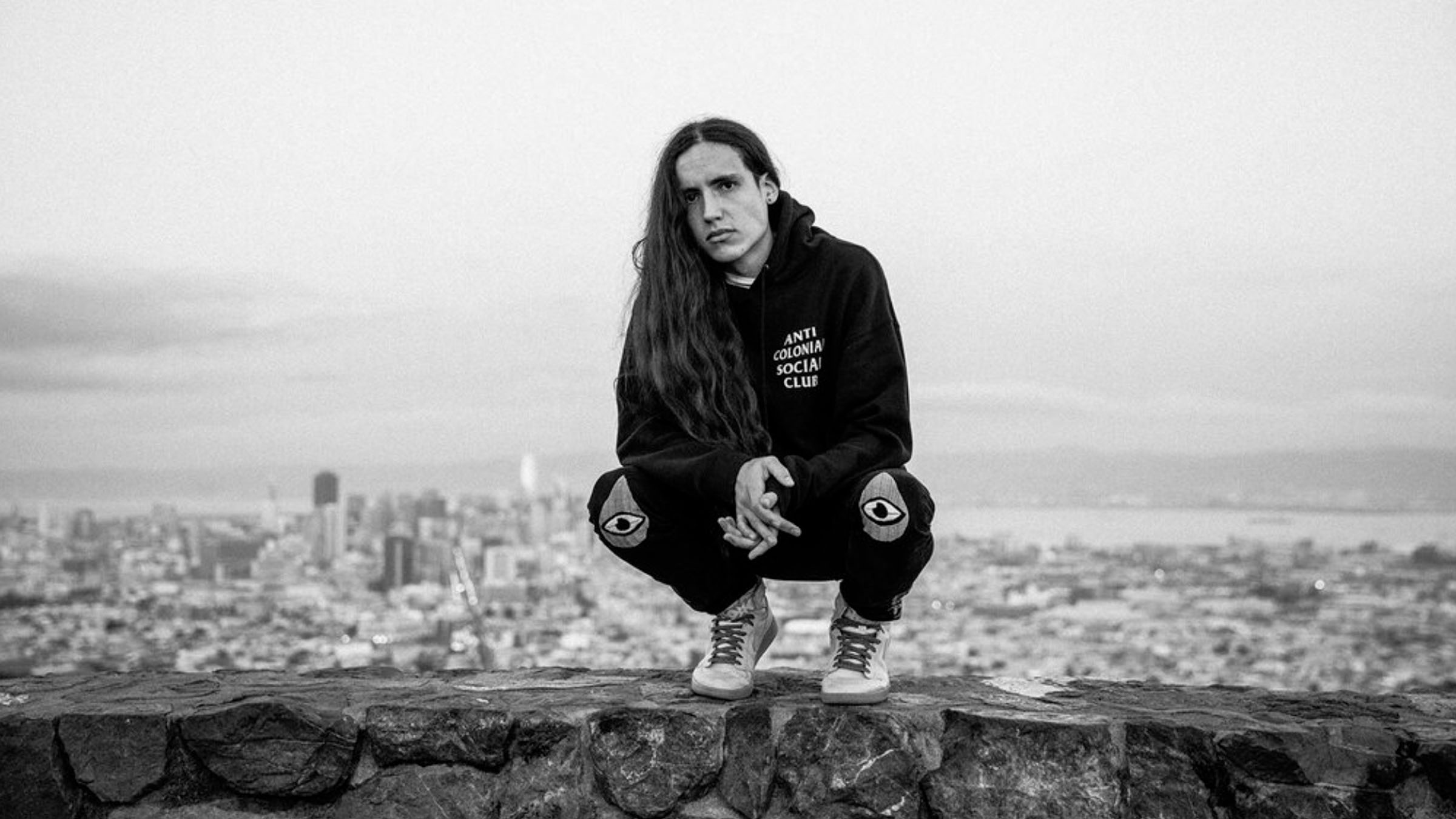
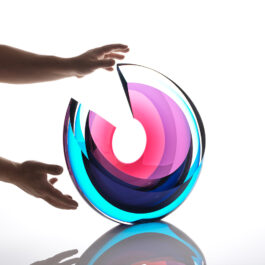
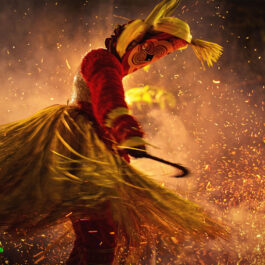
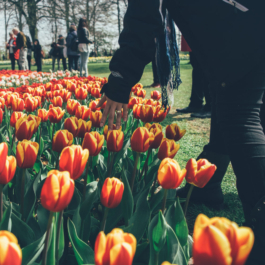
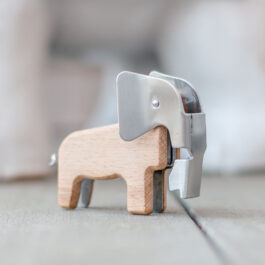
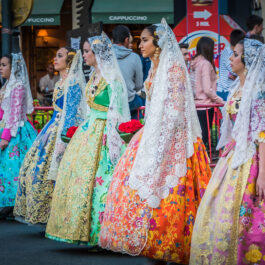

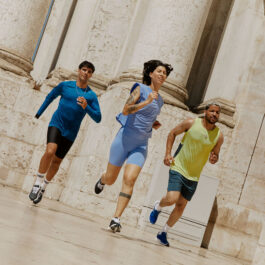
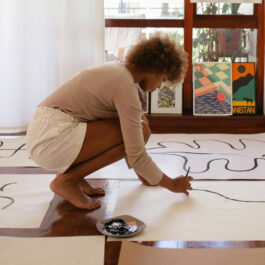




Sorry, the comment form is closed at this time.